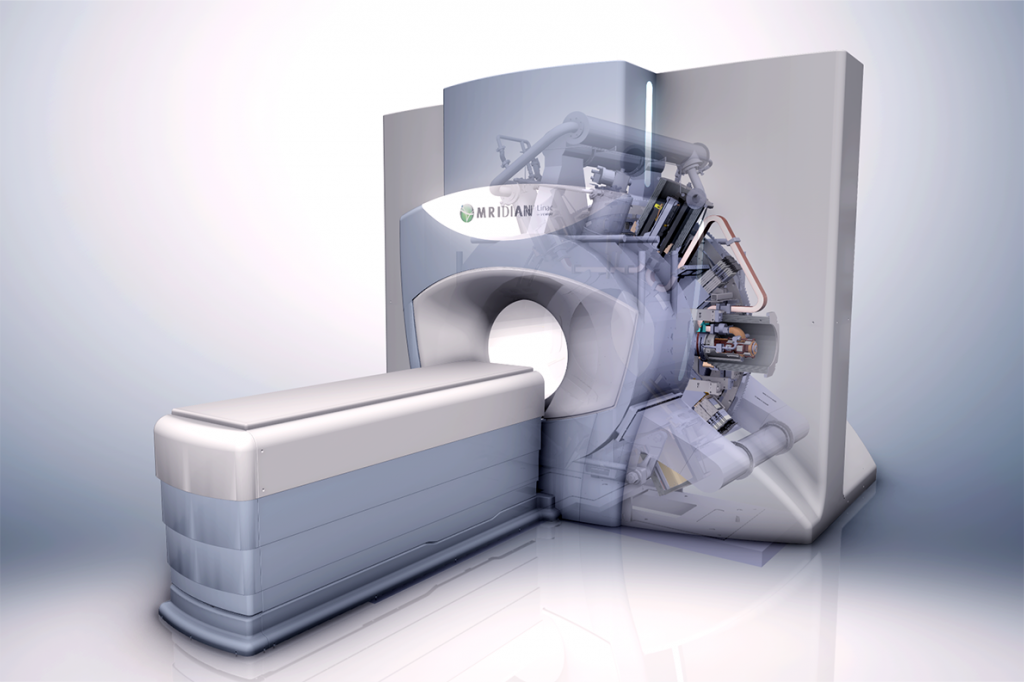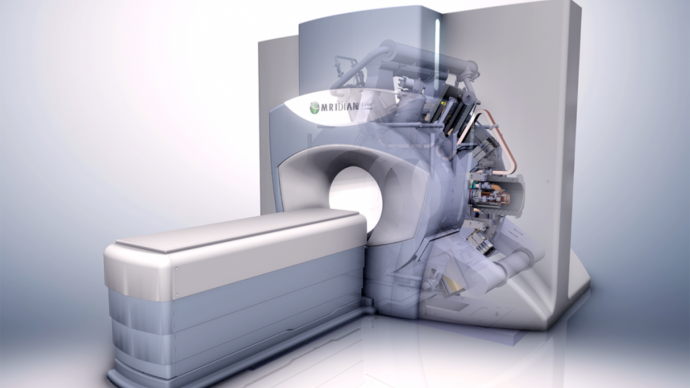Radiation oncology is a field of medicine that focuses on using high-energy radiation to treat cancer and other diseases. This field of medicine has been transforming the lives of patients for decades and continues to be a powerful tool in the fight against colon cancer and many other types of cancer. In this blog post, we will explore what radiation oncology is and how it helps patients. We will also discuss how radiation oncology can help to improve the lives of patients, both physically and mentally. By the end of this post, you should have a better understanding of the power of radiation oncology and how it can help those in need.
If You’re Looking to Delve Deeper Understating: Michael Dattoli
What is Radiation Oncology?
If you are reading this, then chances are you have been diagnosed with cancer. And if that’s the case, then you might be wondering what radiation oncology is and if it could be a possible treatment for your cancer. radiation oncology is a specialized branch of medicine that uses radiation to treat cancer. This includes both primary and secondary tumors, as well as lymphomas. Radiation therapy can be used either as a standalone treatment or in combination with other therapies such as chemotherapy.
The radiation oncologist works in close collaboration with other members of the medical team to provide comprehensive care for each patient. Ever-advancing technology has allowed the field of radiation oncology to improve its accuracy and effectiveness in the fight against cancer, making it one of the most successful areas of medicine today. If you are considering radiation therapy for your cancer, or if you are currently receiving radiation therapy, please speak with your doctor about all of your options so that you can receive the best possible care.
Understanding the Benefits of Radiation Oncology
Radiation Oncology is a type of medical treatment that can be used to treat tumors within the body. It has been proven to reduce the risk of recurrence after surgery or other treatments, and it has also improved the survival rates of many patients with cancerous tumors. radiation oncology can reach areas that might not have been reached before with other medical treatments. Noninvasive treatment options like radiation oncology are often preferred over more invasive treatments because they are less likely to cause side effects.
There are a variety of different types of radiation oncology, each with its own benefits and drawbacks. Minimally invasive and targeted radiation can help reduce the side effects of other treatments, while more traditional radiation therapy may be more effective in treating certain types of cancer. Radiation Oncology can be used to treat different types of cancer, including cancers that have spread throughout the body (metastatic). Combining radiation therapy with other treatments may result in better results than either treatment alone.
Understanding the benefits of radiation oncology is key if you’re considering this type of treatment for your tumor. If you have any questions about this or any other type of cancer treatment, please don’t hesitate to contact our team at GPC Medical Group!
How Radiation Oncology Helps Patients
Radiation therapy is a common treatment for cancer patients. It’s a technology that uses radiation to kill cancer cells. Radiation oncologists are responsible for helping patients find the right radiation therapy plan that will help them achieve the best possible outcome. They work with other healthcare professionals to help patients during their treatments and make sure that their treatments are delivered in a safe and effective way.
Radiation therapy can be used to treat a wide variety of cancers, including head and neck cancer, prostate cancer, ovarian cancer, and many others. Radiation oncologists use various technologies such as computed tomography (CT) imaging and magnetic resonance imaging (MRI) to help them determine the best treatment plan for each patient.
More Related Article: The Power of Radiation Oncology-Saving Lives, One Beam at a Time
Radiation treatments can have a significant impact on patient outcomes. By targeting the tumor directly, radiation therapy can lead to improved patient survival rates and reduced side effects. In addition, radiation therapies have been shown to improve quality of life by reducing pain or discomfort from tumors or by improving mobility after treatment. For some patients, radiation therapy may even be able to cure their cancer!
However, radiation therapy isn’t without its risks: every patient is different, so there is always the chance that one treatment could be more harmful than beneficial for them. As with any medical procedure or medication, it’s important to talk with your Radiation Oncology Specialist about all of your options before starting any treatment plan. They will be able to advise you on the benefits and risks of radiation therapy based on your specific situation.
Understanding the Benefits of Radiation Oncology for Those Affected
When you’re diagnosed with cancer, you may begin to wonder what the future holds. For some people, Radiation Oncology can offer hope for a better future. Radiation Oncology is a type of cancer treatment that uses powerful radiation to destroy cancer cells. It’s a complex and demanding treatment, but the benefits are enormous.
Understanding what Radiation Oncology is and the types of treatments available can help you make an informed decision about whether or not this treatment is right for you. There are three main types of radiation therapy: external beam therapy, brachytherapy (using short-wavelength radiation), and proton therapy (using protons). Each has its own benefits and drawbacks, so it’s important to find the right option for your specific situation.
Radiation therapy can be incredibly successful in treating many different types of cancers. In fact, it’s one of the most effective treatments available today. However, it comes with risks and side effects. It’s important to know about these risks so that you can make informed decisions about whether or not to pursue Radiation Oncology as a treatment option for your cancer.
One potential complication from Radiation Oncology is radiation exposure syndrome (RESS). RESS is a serious condition that affects the body after exposure to high levels of radiation therapy. Symptoms include nausea, vomiting, diarrhea, hair loss, fatigue, weakness, and an overall feeling of illnesses. If left untreated RESS can lead to death. It’s important to seek immediate medical attention if you experience any symptoms related to radiation therapy – even if they seem minor at first glance!
Another potential side effect of Radiation Oncology is long-term memory loss due to cumulative damage incurred over time from exposure to ionizing radiation on multiple occasions throughout one’s lifetime (a practice known as chemoradiation). This type of memory loss can be quite debilitating – particularly if it affects everyday activities like working or driving long distances. It’s crucial that patients understand the potential consequences of undergoing Radiation Therapy in order to make fully informed decisions about their care plan.
If all this talk has made you anxious about undergoing Radiation Therapy yourself or worried about loved ones who are affected by a cancer diagnosis – don’t worry! There are many ways that you can get involved in improving access to quality Cancer Care services and supportive resources for those affected by this devastating disease.
To Conclude
Radiation oncology is a powerful tool in the fight against cancer and other diseases. This form of therapy can be used to treat a wide range of cancers and has been shown to improve patient outcomes, reduce side effects, and even cure some patients. It is important for patients to understand the benefits and risks of radiation therapy so that they can make an informed decision about their care plan. We hope this blog post has helped you gain a better understanding of radiation oncology and how it can help those affected by cancer.

